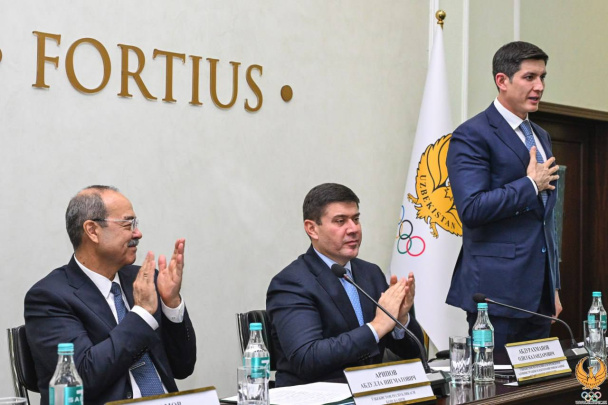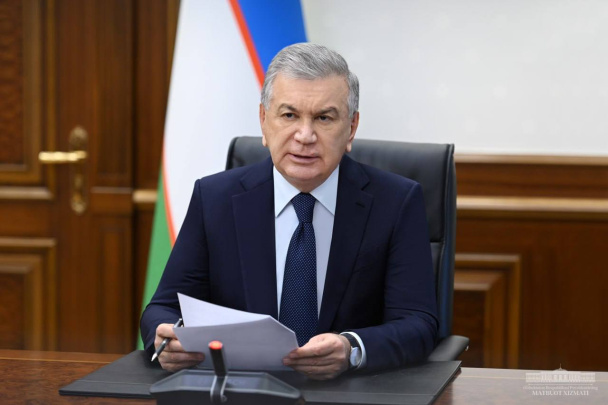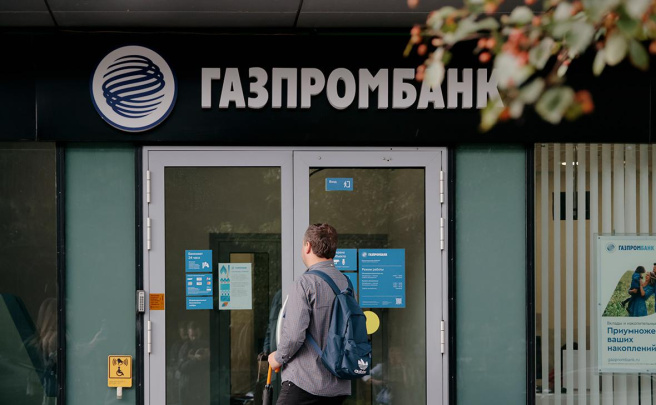According to him, as additional financing for the reform support project (tranche 2), the WB allocated a concessional loan of $200 million for a period of 30 years (including a grace period of 5 years) with a floating rate of 1.2%.
In addition, to reduce the negative impact of the coronavirus pandemic on the economy of Uzbekistan, the IMF has allocated concessional loans in the equivalent of $375 million.
Concessional loans include a 10-year interest-free operating credit line (including a grace period of 5 years) in the amount of $125 million and an operating financing instrument in the amount of $250 million for a period of 5 years (including a grace period of 3 years) with a floating rate of 1.05%.
ADB has allocated a concessional loan of $500 million for 15 years (including a grace period of 3 years) with a floating rate of 0.84% (6-month Libor rate + 0.5%) to support the budget.
“The funds raised from international financial institutions are directed to the Anti-Crisis Fund on the basis of relevant decrees, resolutions and orders of the President and the Government,” Jasur Karshibayev said.
The First Deputy Head of the Main Department of the State Budget at the Finance Ministry Sherzod Mukhamedov also reported that a total of 6.5 trillion soums were allocated from the Anti-Crisis Fund to solve the problems that arose in the context of the pandemic.
The funds will be spent in the following manner:
- 1 trillion soums – expenses on measures to combat coronavirus – keeping citizens in quarantine and patients undergoing treatment in hospitals, as well as the purchase of medical equipment;
- 2.5 trillion soums spent on construction and reconstruction, which help stimulate demand in the country and stabilize the economy;
- 640 billion soums – for social protection measures: providing material assistance to vulnerable groups of the population, including low-income women; subsidizing part of the costs of citizens for the development of household plots, attracting the unemployed to temporary public works;
- 2.3 trillion soums to cover priority payments to employees of large industrial and service enterprises during the pandemic.





